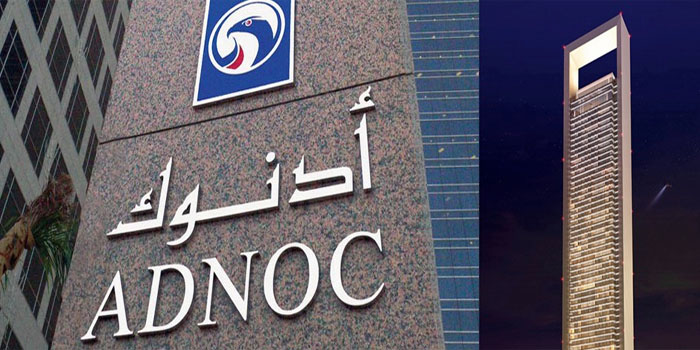
– Geopolitical tensions keep volatility in sight
Lagos — The global oil market has been characterized by fragile stability in an uncertain environment even as geopolitical tensions keep volatility in sight.
“Oil prices have shown signs of relative stabilization this week after a bearish start. According to the report from the U.S. Energy Information Administration (EIA), crude oil inventories in the United States dropped by 1.8 million barrels for the week ending November 22, surpassing market expectations of a 1.1 million-barrel decline. This data provided temporary support to WTI futures, which are holding around $68.5 per barrel after two consecutive losing sessions.
However, concerns over weak global demand and persistent abundant supply continue to dominate the outlook. These conditions have limited the market’s ability to establish a clear direction, leaving investors in a state of uncertainty.
On the geopolitical front, the temporary truce between Israel and Hezbollah has helped ease tensions in the Middle East, but recent statements from Israeli Prime Minister Benjamin Netanyahu have raised doubts about the durability of this agreement. This factor, combined with anticipation surrounding the upcoming OPEC+ meeting on Sunday, continues to weigh on market sentiment.
The OPEC+ meeting will be crucial in determining the short-term direction of oil prices. Cartel members and their allies will discuss the possibility of delaying a planned production increase, a move that could ease fears of oversupply in a context of weakened demand. Decisions made at this meeting will be closely monitored, as they could provide a clearer direction for prices in the coming weeks.
Meanwhile, the Canadian oil industry has expressed concerns about potential tariffs proposed by President-elect Trump, warning that these policies could increase energy costs for U.S. consumers, adding another layer of complexity to the energy outlook.
In summary, the oil market faces apparent but fragile stability, shaped by opposing factors such as inventory impacts, geopolitical tensions, and key OPEC+ decisions.”
*Analysis by Quasar Elizundia, Expert Research Strategist – Pepperstone



